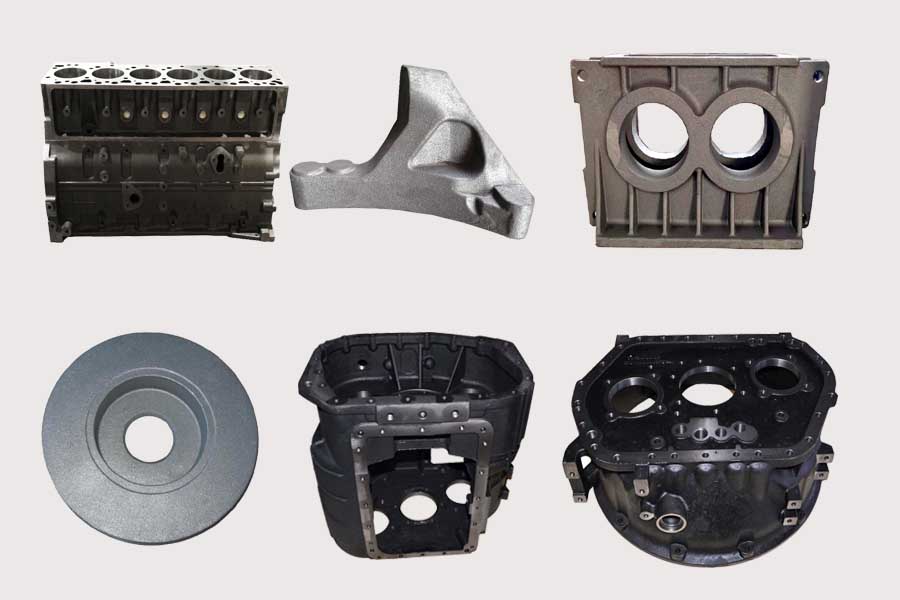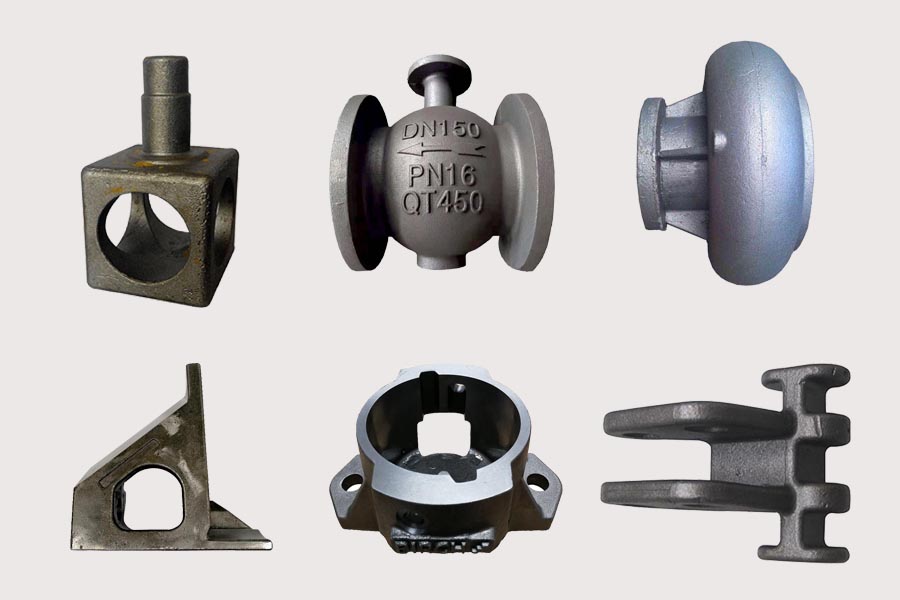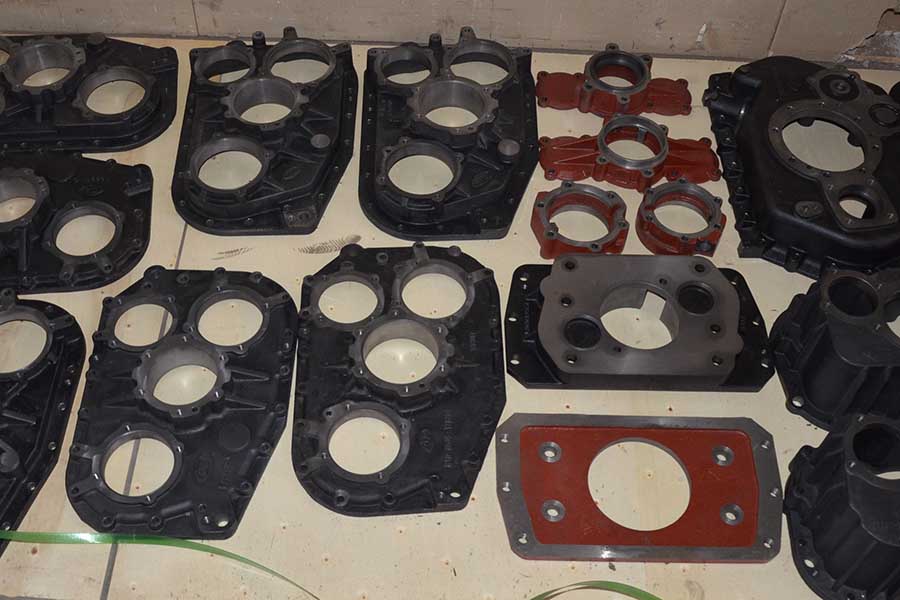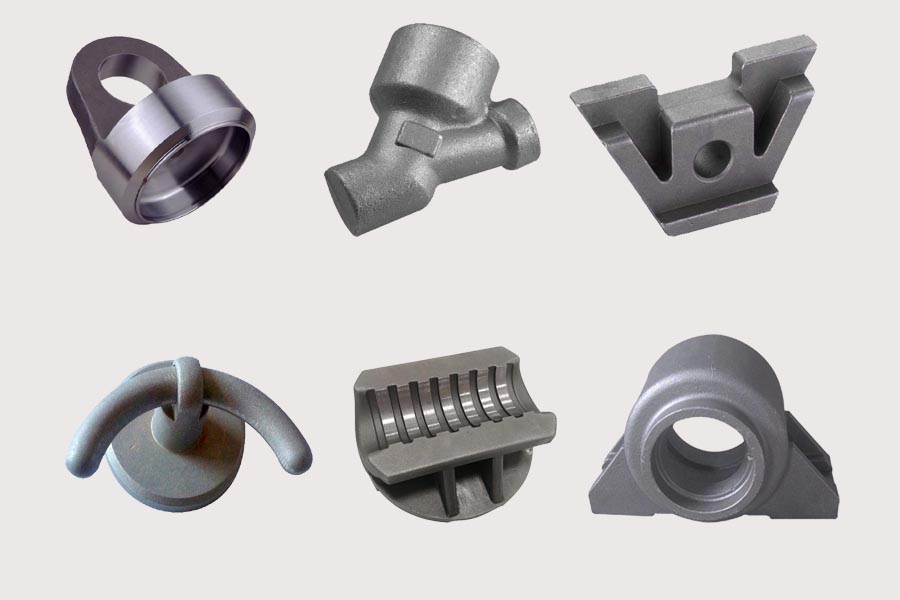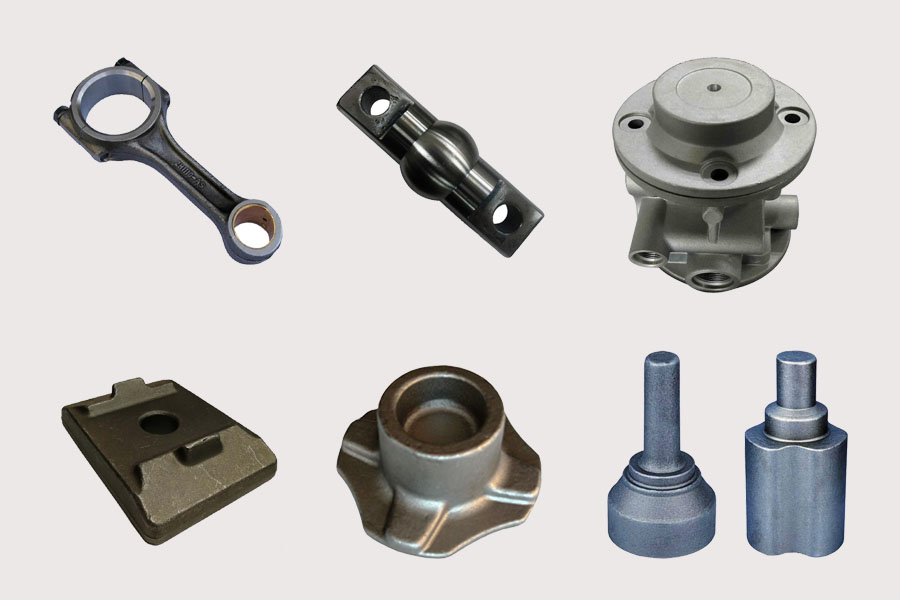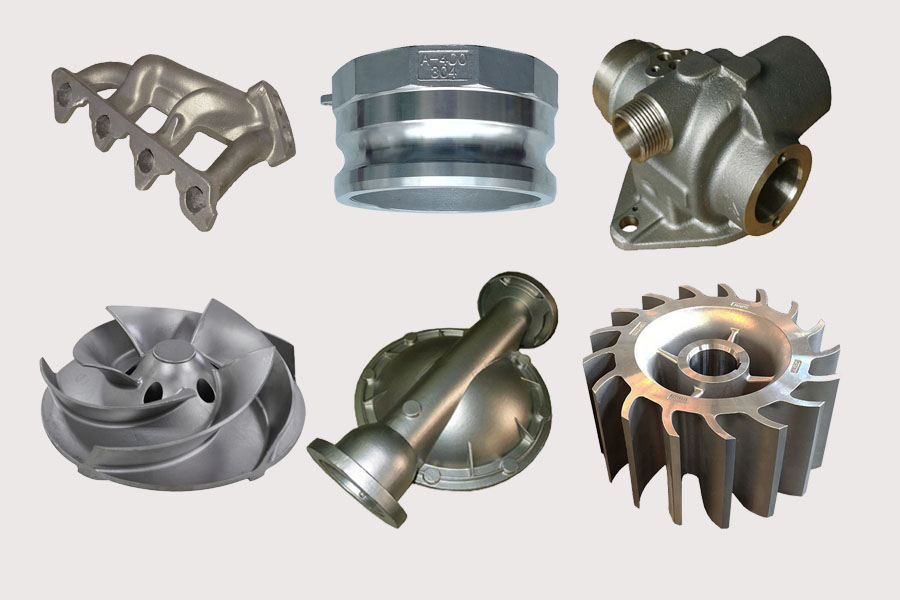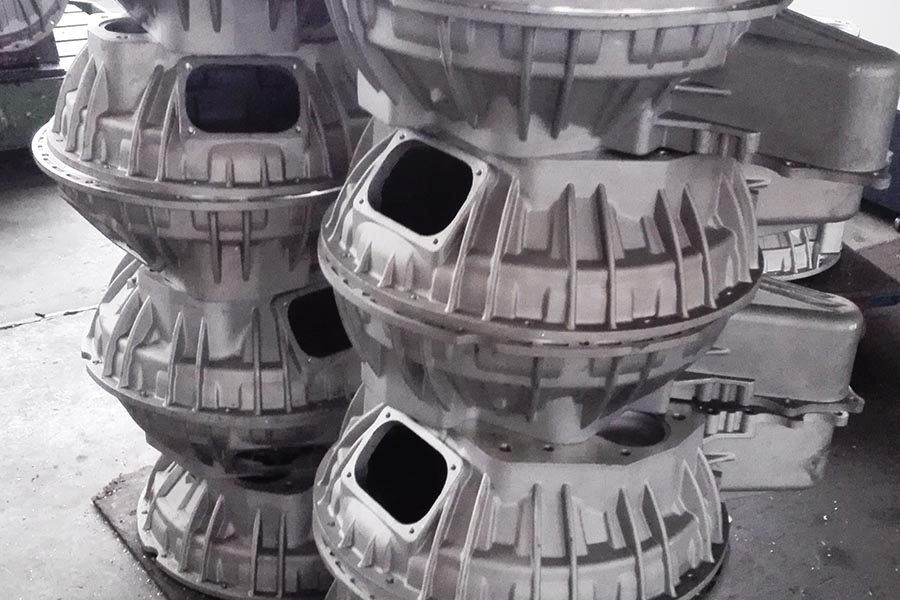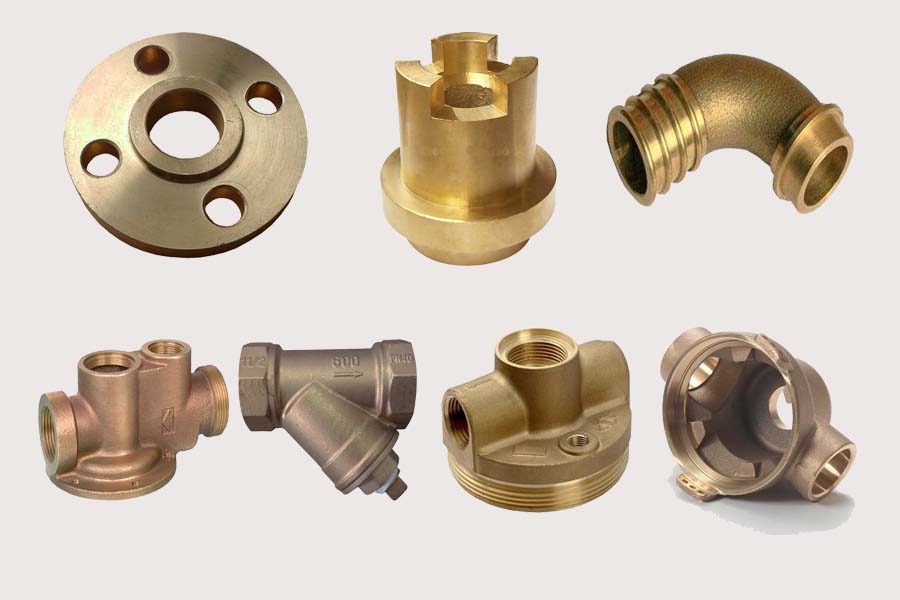| Comparison of Different Casting Processes | |||||
| Items | Sand Casting | Permanent Mold Casting | Die Casting | Investment Casting | Shell Mold Casting |
| Typical dimensional tolerances, inches | ± .010" | ± .010" | ± .001" | ± .010" | ± .005" |
| ± .030" | ± .050" | ± .015" | ± .020" | ± .015" | |
| Relative cost in quantity | Low | Low | Lowest | Highest | Medium high |
| Relative cost for small number | Lowest | High | Highest | Medium | Medium High |
| Permissible weight of casting | Umlimited | 100 lbs. | 75 lbs. | Ounces to 100 lbs. | Shell ozs. To 250 lbs. no-bake 1/2 lb. - tons |
| Thinnest section castable, inches | 1/10" | 1/8" | 1/32" | 1/16" | 1/10" |
| Relative surface finish | Fair to good | Good | Best | Very Good | Shell good |
| Relative ease of casting complex design | Fair to good | Fair | Good | Best | Good |
| Relative ease of changing design in production | Best | Poor | Poorest | Fair | Fair |
| Range of alloys tht can be cast | unlimited | Aluminium and copper base preferable | Aluminum base prepferable | Unlimted | Unlimited |
Metal casting are manufacturing processes in which a liquid molten metal and their alloys are usually poured into a mold, which contains a hollow cavity of the desired shape, and then allowed to solidify. The solidified part is also known as a casting or casting part, which is ejected or broken out of the mold to complete the process. Casting materials are usually metals or various cold setting materials that cure after mixing two or more chemical components together. Casting is most often used for producing metal alloyed products of complex shapes those would be difficult or uneconomical to make by forging and other manufacturing processes.
Casting processes have been known for thousands of years. At modern mechanical industrial areas, thanks to the advance technology and equipment, the casting has been developed more advantages. The casting manufacturing process is still a fundamental industry and play an important role in automotive, transportation, arospaces, construction machinery, farm machinery, hydraulic, pumps and valves...almost every mechanical fields nowadays.
According to the methods how to make the mold and patterns, the casting process could divided into many categories. The most widely used casting processes are sand casting and special casting process. Some foundries also put the lost foam casting, vacuum casting as sub-categories of sand casting, because these two casting processes use the dry sand to make the mold before cast pouring. The special casting processes mainly cover lost wax investment casting, permanent mold casting, high pressure die casting, low pressure casting and gravity casting.
The castings could be also divided into different categories by the metals and alloys the foundries use as materials. At our foundry, we can produce gray iron castings, ductile iron castings, malleable cast iron castings, carbon steel casting, alloy steel castings, stainless steel casting, aluminium alloy castings, nickel based alloy castings, cobalt based alloy castings, brass and bronze castings. These metal and alloys could be cast by one or more casting processes, depending their casting performance and the required mechanical properties, dimensional tolerances and other special performances.
Casting and Machining Parts by Different Metals and Alloys
| Casting Process | Materials | |
| Sand Casting | Green Sand Casting | Grey Cast Iron, Ductile Cast Iron, Malleable Cast Iron, Stainless Steel, Carbon Steel, Steel Alloys, Aluminum Alloy, Brass, Wear Resistant Alloy Steel, Heat Resistant Alloy Steel, Corrosion Resistant Alloy Steel, etc. |
| Furan Resin Sand (Shell Mold) Casting | ||
| Self-hardening Shell (No-bake) Casting | ||
| Investment Casting (Lost Wax Casting) | Water Glass Investment Casting | Carbon Steel, Steel Alloys, Stainless Steel, Brass, Gray Iron, Ductile Iron, Brass, Bronze, Aluminium Alloy, Wear Resistant Alloy Steel, Heat Resistant Alloy Steel, Corrosion Resistant Alloy Steel, Nickel Based Alloy, Cobalt Based Alloy, etc. |
| Silica Sol Investment Casting | ||
| Lost Foam Casting | Ductile Iron (GGG 40 to GGG 80), Grey Iron (GG20, GG25, GG30), Carbon steel, Hi-Mn Alloy Steel, Hi-Cr Alloy Steel, Austempering Ductile Iron (ADI), Wear Resistant Alloy Steel, Heat Resistant Alloy Steel, Corrosion Resistant Alloy Steel, etc. | |
| Vacuum Casting (V Process Casting) | Ductile Iron GGG 40 to GGG 80 / Grey Iron, Carbon steel, Hi-Mn Alloy Steel, Hi-Cr Alloy Steel, Austempering Ductile Iron (ADI), Wear Resistant Alloy Steel, Heat Resistant Alloy Steel, Corrosion Resistant Alloy Steel, etc. | |
| Surface Treatment Services | Powder Coating, Anodization, Electrophotesis, Chrome Plating, Painting, Sand blasting, Nickel Plating, Zinc Plating, Blacking, Polishing, Bluing, Geormet, Zintek, etc. | |
| CNC Precision Machining Services | Lathing, Milling, Turning, Honing, Drilling, Boring, Tapping, Wire Electrode Cutting, Grinding...etc. | |
| Inspection and Quality Control | Spectrum Analyzer, CMM, Hardness Tester, Tensile Strength Tester, Yild Strentgh Testor, Sealing Pressure Tester, Carbon Sulfur Analyzer, Metallurgical Microscopy, Press Force Tester...etc. | |
 русский
русский
